Stay calm, turn off your tunes, and get them driving before they turn 17 - here’s our Top 9 Father’s Day tips for dads teaching their kids to drive.
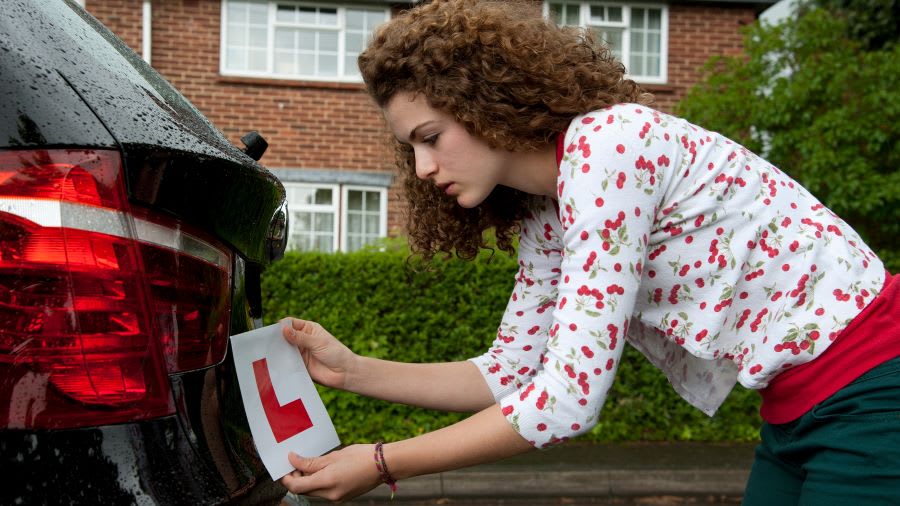
Letting the young ones behind the wheel of your pride and joy can be a reason for trepidation.
In fact, a survey by lessons provider Young Driver found 20 per cent of the 1,000 mums and dads they polled said they were too ‘scared’ or ‘nervous’ take-on the role of driving instructor at all.
Many - 18 per cent - said they were worried the parent-child lessons would end up with a serious fall-out.
But, as Father’s Day arrives, there are ways for both dads and mums to impart their road knowledge without the risk of bedroom doors later slamming.
And here are a few of our top tips for parents who want to teach their child to drive:
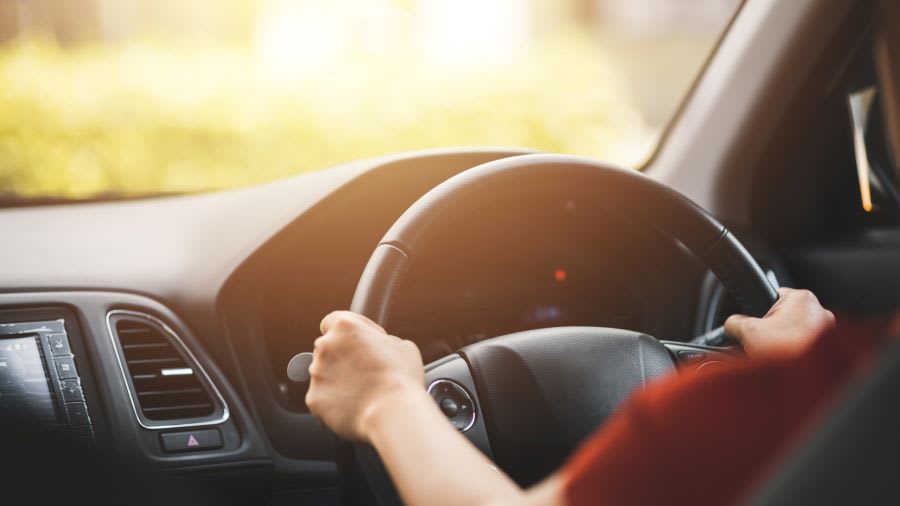
Don’t wait until they turn 17
Yes, you need to be at least 17 years old to hold a provisional driving licence in the UK.
But there’s nothing to stop you getting your kid acquainted with motoring way before they reach that age.
There are lots of driving experience days on the UK’s racing circuits that allow juniors to get to grips with the steering wheel away from public roads.
Children as young as 11-years-old can enjoy driving lessons at iconic venues like Brands Hatch, Donington Park, Oulton Park, Snetterton or Bedford Autodrome.
What’s more, there are even track days for kids as young as four.
You read that right - four years old. Those extremely young children take control of a real, but miniature, car to learn basic skills like steering, braking, and speed control.
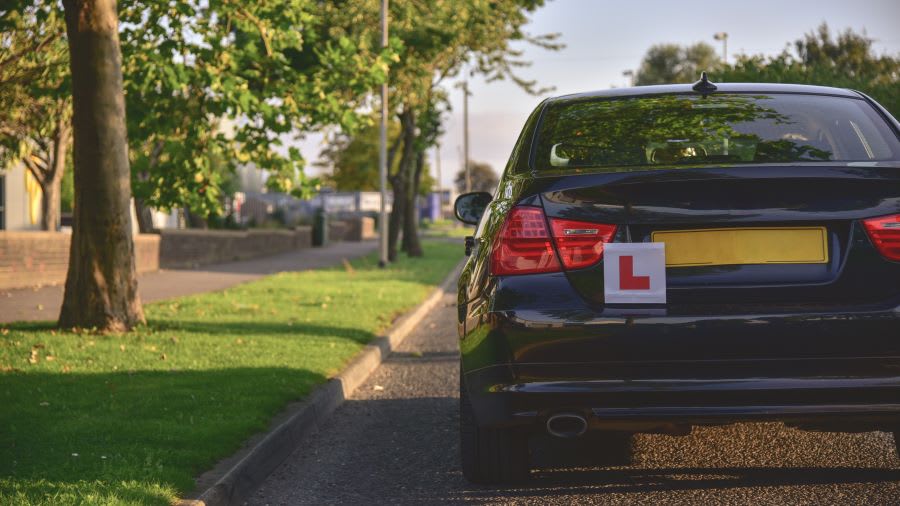
Stay the right side of the law
If you plan to teach a youngster to drive in your car, check with your insurance provider as some policies do differ when it comes to supervising learners.
To help teach others to drive, you also need to be 25 years old, be qualified to drive the car you’re in (ie, hold a manual licence if it’s a manual car), have held your licence for at least three years, and meet the minimum eyesight standards.
And remember - even learner drivers with provisional licences can be hit with fines and penalty points, so make sure they stick to the speed limits!
And it’s important to recognise that jumping the gun - and taking them out in the car before they have their provisional licence - is unwise indeed, even if you’re only letting them steer around an empty car park. You could land yourself in serious trouble with the law in doing so.
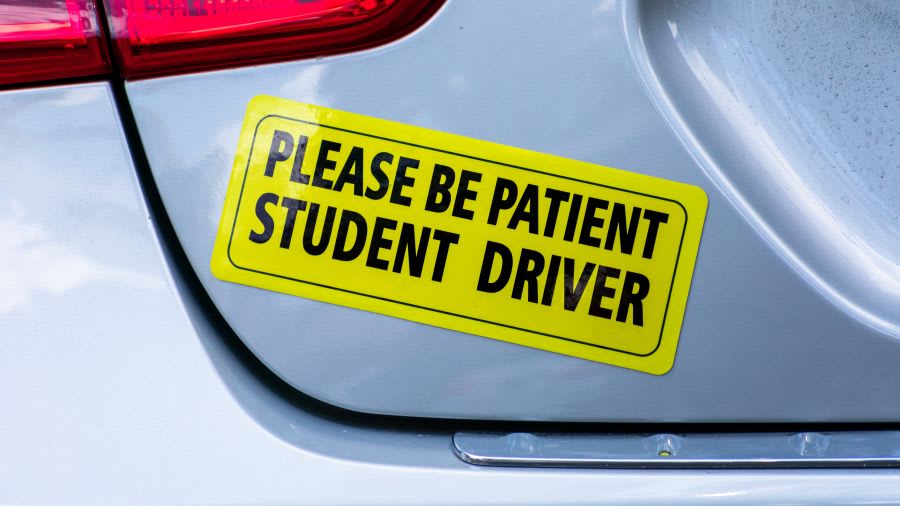
Swot up
It’s pointless trying to instruct your youngster on the intricacies of driving if you’re not quite sure of the rules yourself.
As painful as it might be, grab a copy of the Highway Code and do a little revision before you and your child get in the car for a lesson.
And remember that the driving landscape might have changed since you personally took your test.
Using modern driving aids like cruise control and parking sensors, for example, are a perfectly acceptable part of the driving test when used appropriately, so you need to understand how it all works.
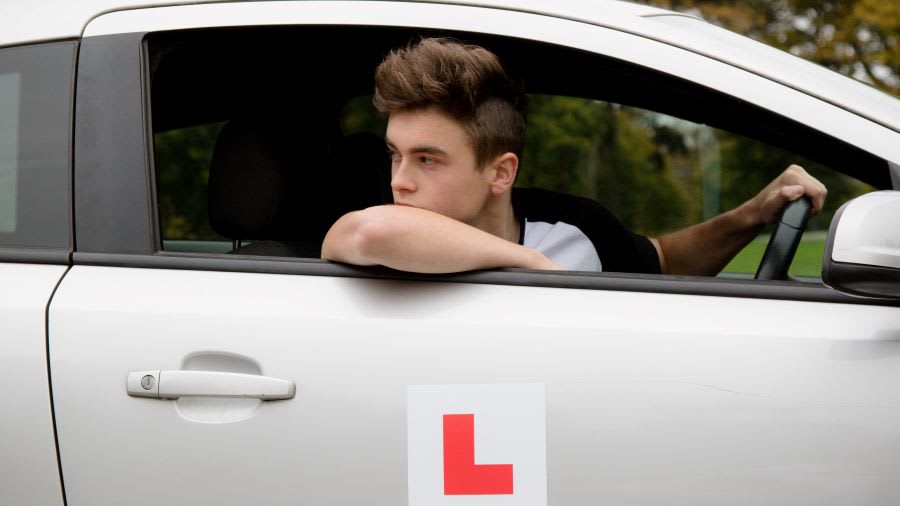
Let them have proper lessons first
It’s arguably not a very good idea for you to be your child’s very first driving instructor.
Pay for two or three lessons (or more if you’re particularly nervous) from a professional driving instructor before you even think about supplementing that advice with your own sessions.
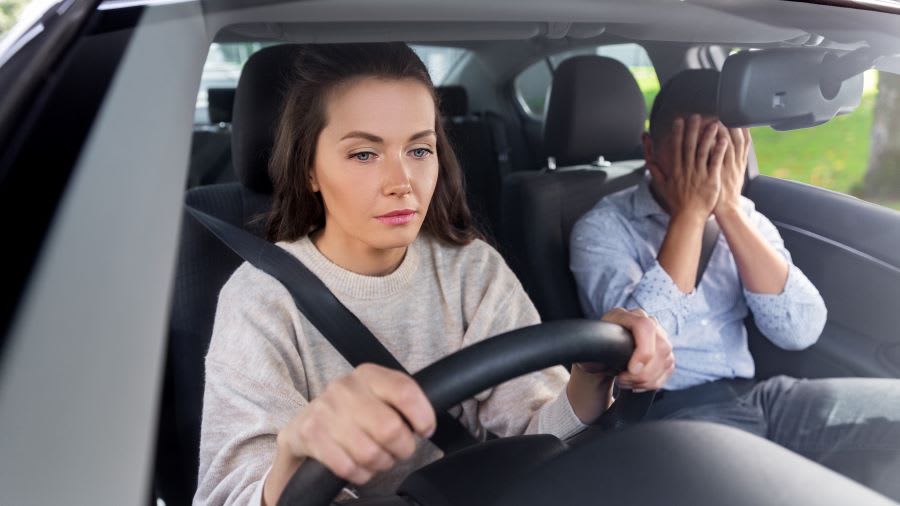
Stay calm and in control
The key here is to remember that driving lessons are intimidating for both parties - the learner and teacher. Think back to your own driving lessons and remember the uncontrollable sweats and wet palms.
It’s all about patience and support. Try not to raise your voice. Give your instructions in a calm and measured way, and try not to off-load too much information all at once as it can be overwhelming. If you’ve got criticisms, save them for when you’ve stopped moving.
Also, turn off your tunes - no matter how much you might want to listen to some soothing Mellow FM to settle your nerves. Chances are your kid won’t want to listen to what you do, and it’s just another potential source of irritation and frustration that you could all do without.
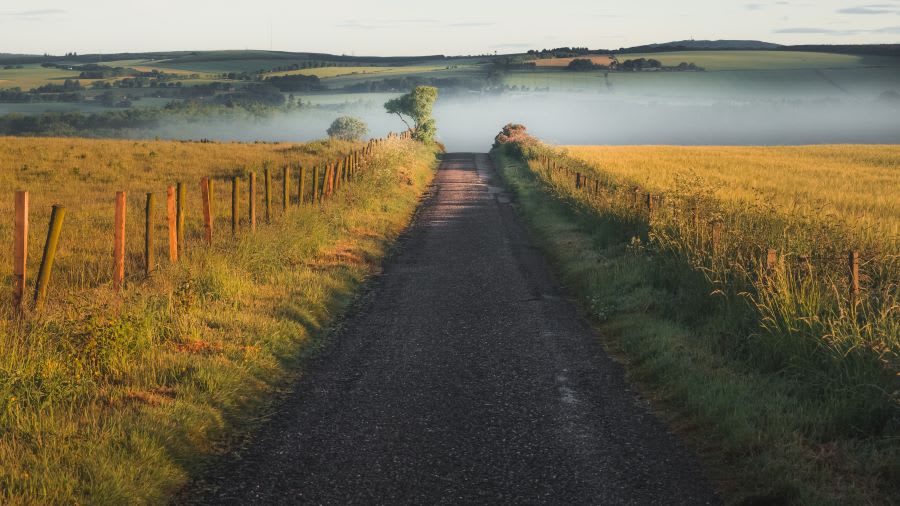
Set your alarm
A quiet road means a happier time for young drivers.
So, if you can, get up at the crack of dawn and enjoy the roads when they’re at their calmest and least congested.
(We say this in the knowledge that teenagers aren’t what could be described as ‘morning people’, so, yeah, good luck with that…)
You should also try to plan your route according to what particular skill you might be focusing - whether it’s roundabouts, T-junctions, reversing, or emergency stops.
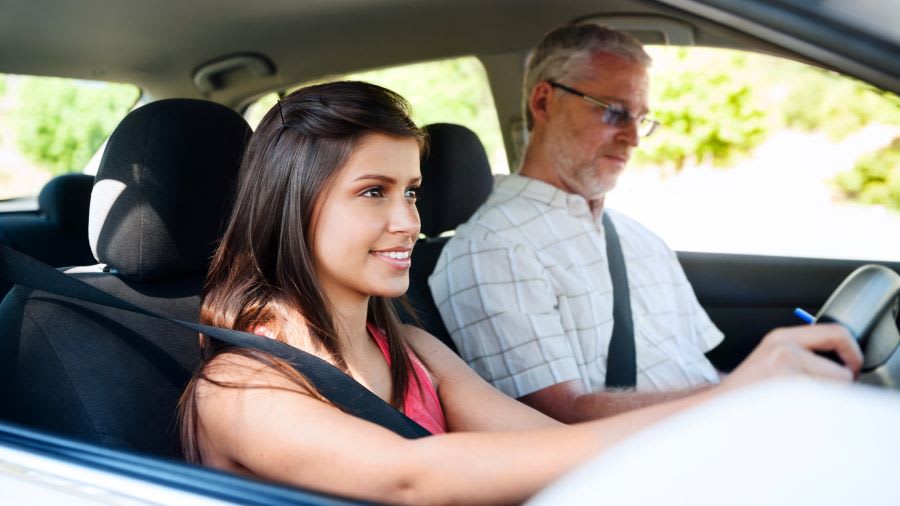
Motorway? No way
There are lots of people in the UK - the author of this piece being one of them - who believe that motorway driving should form part of a practical driving test.
But if you’re a dad (or mum) teaching a child how to drive, you need to stay clear of the multi-lane highways for now.
Learner drivers can only have driving lessons on motorways with an approved driving instructor (ADI) and in a car fitted with dual controls.

Stick with it
You might not feel like persevering as your child’s driving instructor if tempers have frayed (or if you’ve just had another near miss with a tractor).
But it’s important that you do - because practice really does make perfect.
The UK Government has a pretty decent online resource - called ‘Skills you need to drive’ - which details everything both students and supervising parents need to know.
It also reveals that, on average, it takes people 45 hours of driving lessons with a driving instructor, plus 22 hours of private practice, to pass a driving test.
Meanwhile those who manage 100 hours of driving lessons, plus practice, are much safer on the road after their test.
Hang in there!

What can you tell your child that a driving instructor cannot?
You can fill a particular niche as a dad (or mum) - and that’s sharing your own personal insights.
What helped you the most when you were learning?
What mistakes did you make that you’d hate to see your child repeat?
And what bits of wisdom - such as the age-old adage that you only really learn to drive once you’ve passed your test - would you like to share?
If you approach the lessons in the right way, it might even be a nice bonding experience between you and your young one.
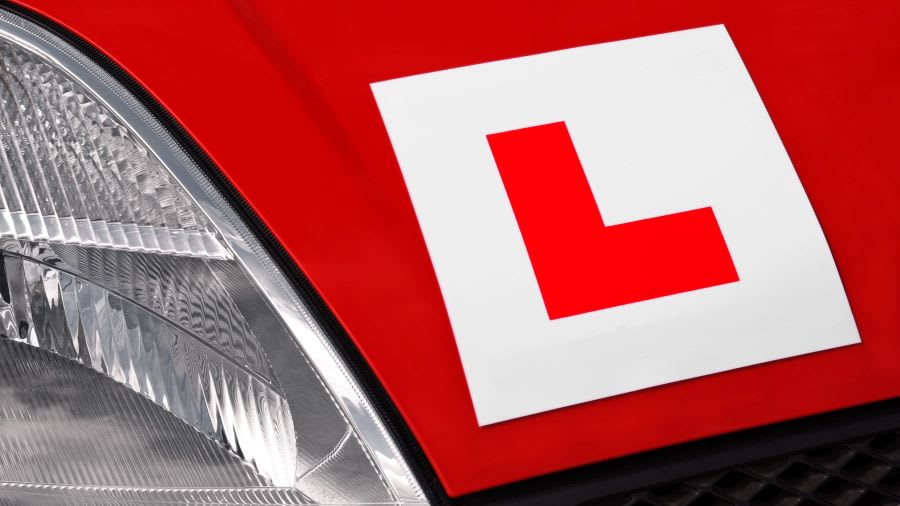
Enjoyed this? Read our latest news:
- Cheap car leasing deals for the summer!
- Select backs new initiative to reduce grassroots football injuries
- Porsche Mission X ready to wreck records
- More affordable Tesla Model Y now available to lease!
- Electric EX30 is ‘smallest’ and ‘fastest’ Volvo EVER!
Where To Next?
For all the latest reviews, advice and new car deals, sign up to our newsletter.
Looking for a great leasing deal? Check out our incredible range of special offers.
Read our latest reviews and find the right model for you.
Want to know more about leasing? Take a look at our comprehensive leasing guides.
Interested in everything motoring? Why not catch up on all the latest car leasing news.

















